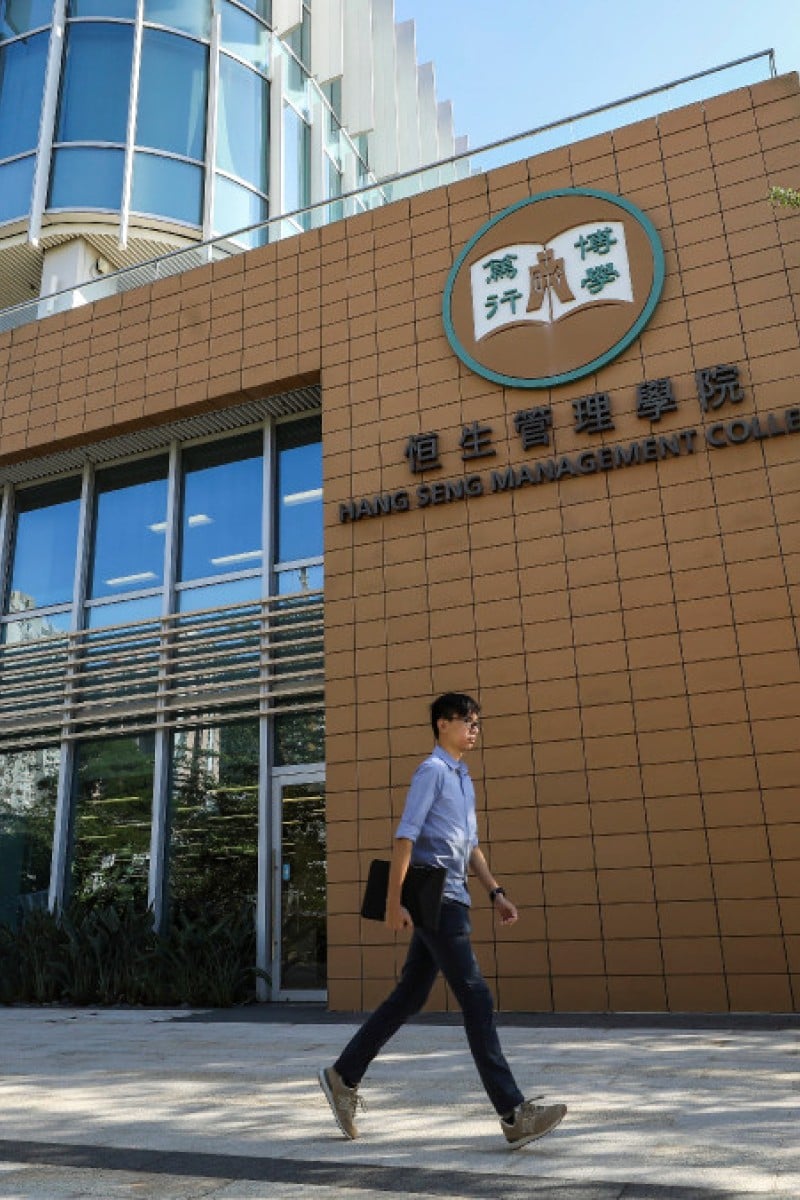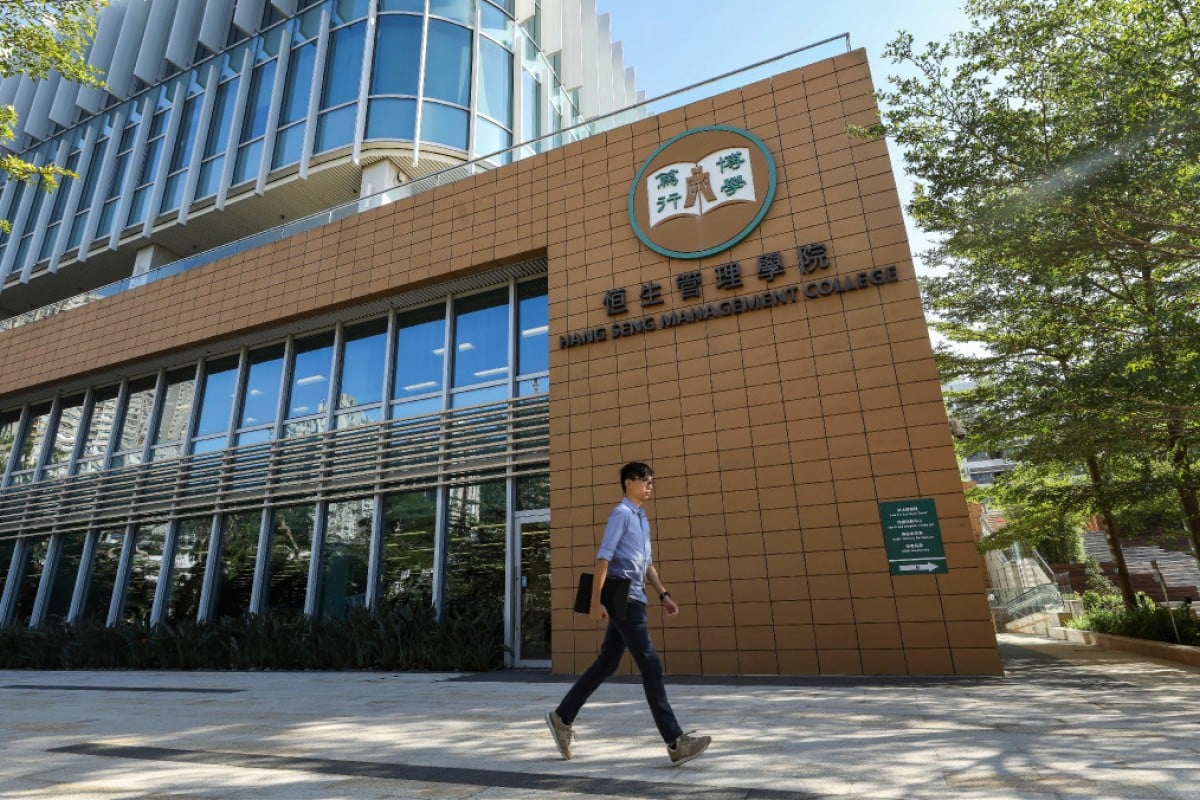
HK universities need to do more than add new programmes if they want to prepare their students for our rapidly changing world
 The University of Hong Kong's new applied artificial intelligence programme doesn't provide cutting-edge education.
The University of Hong Kong's new applied artificial intelligence programme doesn't provide cutting-edge education.Hong Kong universities have recently begun rolling out new bachelor’s degree programmes for the 2019/20 academic year, which place emphasis on real-life skills and jobs, catering to the fast-changing landscape of our economy.
Last month, the University of Hong Kong announced the launch of five interdisciplinary undergraduate degree programmes and one associate degree programme. They are all combinations of arts and sciences subjects, with specialisations in areas such as applied artificial intelligence, financial technology, and global health and development.
Similarly, the Chinese University of Hong Kong announced new degree programmes in data science and policy studies, and artificial intelligence, and Lingnan University put forth two new programmes in data science and global liberal arts.
Is Hong Kong's education system driving students away?
While it is encouraging to see universities adapting to global changes, the newly launched programmes may be nothing more than a gimmick to promote the universities’ image of providing cutting-edge education.
There are a few reasons why the programmes might not be as effective in preparing students for the new trends in our industries as they seem to be. First, they are not supported with sufficient resources and an adequate programme structure.
Take the HKU programme in applied artificial intelligence (applied AI) as an example: the entire four-year curriculum only involves three mandatory modules directly under the branch of applied AI. The rest of the modules are taken from other majors such as computer science, and are already available for students to enrol. That means that graduates from this programme won’t really have more expertise in applied AI than other students who have been taking the same combinations of modules in a different programme. Clearly, certain fundamental knowledge is needed before you can become a specialist in any field.
What's next for the HK education system? Less focus on exam results, say experts
The other concern for students is that there is a gap between current secondary school education and these specialised courses. Most students will have no idea what financial technology or data science means given they are not taught it at all in secondary school.
How could students know they are truly interested in these subjects? These new programmes are clearly incompatible with our current education system.
Hong Kong education still has a long way to go in adapting to the ever-changing world. It is not practical for universities to push students to become the much desired AI specialists without the proper foundation and resources. There is no short-cut in changing our education; fundamental shifts and planning are needed.